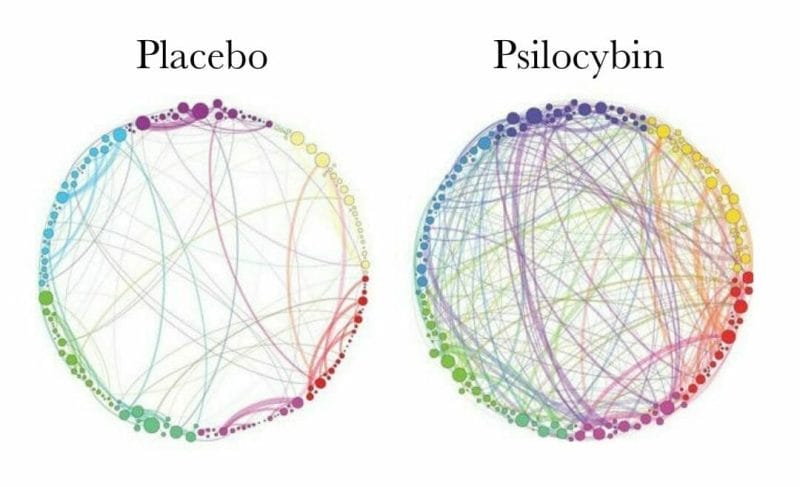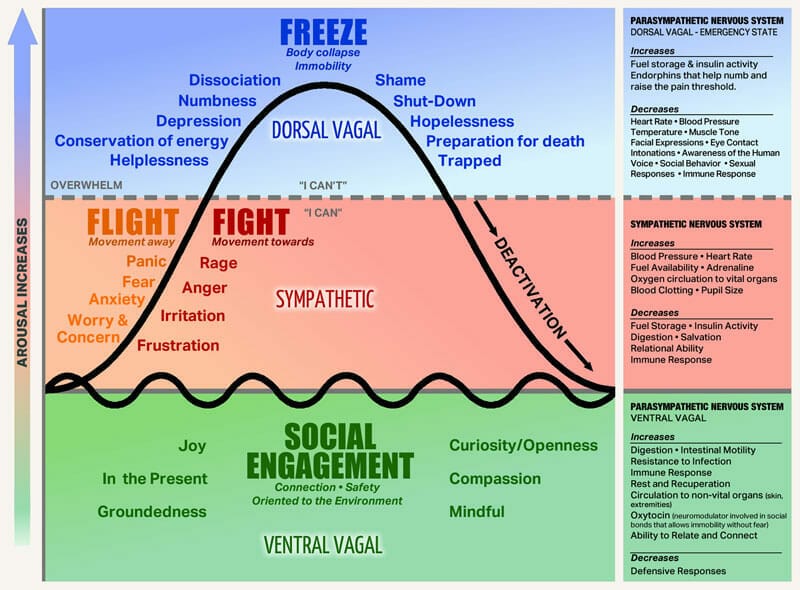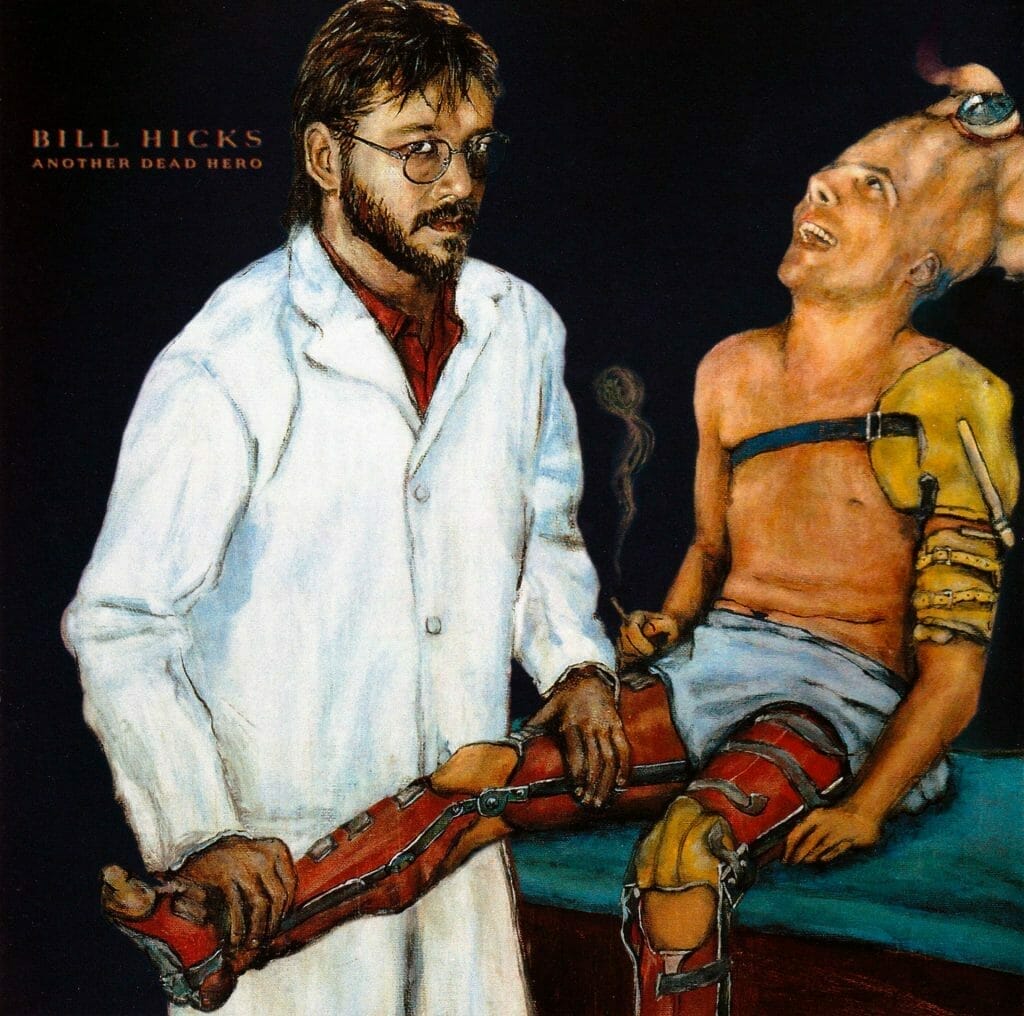The system is broken
During the pandemic, almost everyone I have talked to is dealing with some sort of mental health breakdown or deterioration since the pandemic started.
I remember in the first few months during lockdown I was actually thriving, it timed up perfectly with my past business failures and allowed me to take some time and realize what I wanted to do more of. That included playing basketball, making music, and writing. I played basketball and worked out for 6-8 hours a day every single day from March 2020 – September 2020 before fucking up both of my achilles due to overtraining, I started doing more calisthenics, balance work and upper body but I was sidelined and my mental health started to take a toll. The days got shorter, the rain started. I was stuck inside and the reality started to sink in that this Covid situation might go on for a while. A lot of my old depressive and anxious symptoms that plagued me as a teenager started to come back and things got really dark really quick. I didn’t know what to do. Abusing drugs and looping Tool albums all day and night wasn’t going to do it for me at age 29 like it did at 15.
So in November I went to a walk-in clinic and gave them the schpiel about how I wasn’t doing well. They sent me to Fraser Health Authority for an assessment and potentially further counseling. After talking to an intake counselor for 50 minutes and a psychiatrist for 20 minutes I was labeled as either borderline or bipolar. I remember being shocked at how quickly they came to those conclusions, and how vastly different both diagnoses are. I didn’t fit more than half the criteria for either of them, but a part of me latched on to ‘being borderline’ and I dove headfirst into borderline personality disorder (BPD) literature and YouTube videos, thinking this had to be why I was so miserable. I had suicidal thoughts in my life, but never self-harmed and was never hospitalized, I had no real suicidal plans, only intrusive thoughts, which I now know are more common than I thought before and are not reserved for borderlines.
What was most perplexing was the counselors telling me they didn’t want to hear about my home life, childhood, or traumatic experiences because they were ‘a long time ago’. When telling them about abusive family members they simply said ‘this isn’t family therapy’. And when I told them that I spent a year and a half traveling Asia and South America they told me I was impulsive because I kept moving around, which is a borderline trait.

They weren’t interested in the fact that I had spent countless hours building an online business that would allow me to such travelling, and they’d didn’t want to hear about that when I was 7 years old I started collecting world atlases and would spend every Saturday afternoon drawing world maps and dreaming about places I would visit. They didn’t care that I would stand outside the airport on the Richmond dyke some nights until 3 AM watching airplanes take off listening to music from different countries and imagining myself taking off one day. No, I was simply impulsive, and a borderline (or bipolar) who needed DBT (dialectical behavioral therapy) and perhaps mood stabling medication.
Also, while I was telling my story not only were they not empathetic, but on more than one occasion they cracked sarcastic jokes. I explained how one of my escapes as a teenager was reading existentialist philosophy books by authors like Nietzsche and Kierkegaard likely to overcompensate for how stupid I felt. Their response was ‘Nietzsche, that was your first mistake.’ I just told you that I feel stupid, so good way to build rapport?
Misdiagnosing BPD for PTSD
At the time I was so desperate for help that I wanted the DBT therapy more than anything, but due to poor communication on Fraser Health’s part, and me moving back into the city of Vancouver I was passed around and they missed zoom calls, they missed appointments and eventually told me my only option was to sign up for Vancouver Coastal Health’s DBT program via Zoom. However, the Zoom infrastructure wasn’t going to be set up until February 19th, 2021, and this was December. According to Vancouver Coastal Health’s website, they had been working on the Zoom thing since October.
When I called the number on Vancouver Coastal Health’s website the woman answering didn’t know what DBT was, I had to explain it to her and she put me on hold and Googled DBT Vancouver and suggested I check out the Vancouver DBT center, a private and costly practice. They also waited until February 10th to tell me that I couldn’t do the Fraser Health DBT despite me telling them that I would be moving between Vancouver and the Fraser Valley in my initial December appointment. They blamed the fuck up on the pandemic. I was absolutely gutted. I was so put off by the whole thing that I gave up hope and questioned whether or not I was even worth doing therapy. It was rejection and alienation at the worst possible time.
I have talked to two other people about this story who went through BC’s public health system and they too were given the exact same diagnosis as I was, so this must be a pretty common thing. Luckily for me I never went through the DBT therapy, and now that I understand my psyche a lot better and have had 12 trauma-focused therapy sessions with many more to come I realize that going through the BPD/DBT process would likely have been damaging. It would have further implanted a disorder that I don’t have, and because I am so used to being gaslit into believing things that aren’t true I know I would fell for it hook line and sinker.
Luckily, a friend of mine sent me a link about how the medical system routinely misdiagnoses BPD for C-PTSD because C-PTSD isn’t in the DSM-5. C-PTSD which stands for complex post-traumatic disorder and is essentially PTSD that happens repeatedly over a period of time.PTSD is more commonly associated with a singular event like a car accident or a soldier at war. But, someone, maybe a child who is repeatedly abused will likely have C-PTSD – but unfortunately, it’s not an official term in the DSM-5. Doctors hold the DSM-5 to an almost Rosetta Stone standard despite there being 5 revisions of it.
Psilocybin
This broken system has lead many others just like myself to search for better alternatives. One of those paths is through psychedelics, and while I haven’t done psychedelics in about 9 years I do think they benefited me greatly in being able to see myself outside of the bullshit when I went through in my younger years. I was then able to connect with a higher power almost instantly in 12-step work after being vehemently anti-religious/anti-spiritual for most of my life. For many new alcoholics/addicts, this is the toughest part about being new, but I think because of the rewiring I experienced through 15-20 psychedelics trips (mainly mushrooms) between ages 19-21 I was able to accept the idea of a higher power.

I just turned 30 so there is still time in the future if I decide to do psychedelics again, but due to my family’s long history of mental health issues and my extremely addictive behavior I have to be careful. That said, the main reason this sector interests me is that these companies are trying new ways to target some of the things I have, so naturally, they have my attention and support. And because I was let down by the system I pay taxes into in my time of biggest need, I throw my support behind finding new alternatives.
Trauma & narcissism
In reading Bessel Van Der Kolk’s ‘The Body Keeps The Score’, and Peter Levin’s ‘How To Heal the Body from Trauma’, and studying Stephen Porges’ ‘The Polyvagal Theory’ I now understand that trauma cooks the central nervous system. Traditional talk therapy doesn’t really help with this unless it is a precursor to trauma work. Trauma work does involve talking, but it’s not to analyze behavior and logically come up with ways to change it. It’s more about accepting yourself which sounds overly simplistic, but the methods introduced by experienced professionals like Peter Levine actually make a lot of sense, even to a skeptical/logical person like myself.

For example, take narcissism or narcissistic personality disorder (NPD) which is in the same cluster as BPD and has several overlapping traits and a high co-morbidity rate. NPD has 9 traits, a person can study these traits, make lists and flow charts about how they relate to the 9 traits and what those traits mean in their life. They can then spend years as I did in Alcoholics Anonymous judging and analyzes themselves with more and more charts, more and more data, and more and more connections. Even in Alcoholics Anonymous one of the most common phrases is ‘self-knowledge availed us nothing’, in terms of drinking and understanding alcoholism.
To contrast this logical approach, in Peter Levine’s technique of body awareness he states that trauma is stored in different parts of the body. We may feel anxiety in our chest, tension in our jaw and shoulders, and shame in our pelvic area. So one technique is to oscillate between the parts we don’t like, vs. the parts we do. I have loads of anxiety in my chest, but my arms feel extremely strong, I can curl 100 pounds from a dead stand. So in the technique, I oscillate between my arms and my chest in a sort of meditation, and over time I start to realize that they are both my body, and not necessarily so separate. Then I start to dislike my chest less, and therefore get a shred of empathy for myself. Once I have a shred of empathy for myself a screaming child or barking dog doesn’t send me into a rage or panic because I can now have empathy for other people, thus the narcissism is decreased and I didn’t have to make 10 flow charts or spend hours digging into my painful past and tell it to someone with zero clinical or mental health training.
One of my sponsors actually took me out clubbing immediately after we did my step 5, arguably the most emotionally taxing step. I know that’s not AA’s fault but it is the result of a completely dysregulated system.
https://equity.guru/2021/05/04/i-am-anecdotal-evidence-for-cybins-cybn-ne-plan-to-target-alcoholism-with-mushrooms/
Finding the right therapist
It takes a special kind of therapist to want to even deal with trauma, many will just suggest medication. They have to be able to receive it and hold it without judging it, or really even analyzing it. I spent years in my head analyzing why I was the way I was, the last thing I need is another person judging it and trying to make logical sense of it. I just needed someone who understood, what it did to me, my body, my personality, my relationships and help me process it and work through it.
A trauma therapist or a good trauma therapist I should say will empathize and mirror the patient which I know for me was the first time I felt like anyone understand what I had been through. My traumatic years were from age 12-16 were basically every day I woke up wanting to die, these are crucial developmental years where a lot of your personality is formed.
At age 14 I was 2 cuts away from making team BC and several coaches were telling me to prepare for college scholarships as I was shooting about 40% from 3, was usually the fastest kid, had great IQ as a point guard from years of playing center mid in soccer at a high level. I was also dealing with a ton of trauma and emotional abuse at the time, so high-pressure situations in games didn’t phase me and I was the one the coach would draw up the play for with 10 seconds left on the clock to win the big game, or to take the crucial free-kick/penalty kick at the end of the soccer game.
My therapist tells me on the field/court was the only place I really felt safe, so while other kids got nervous I actually got more confident. I was an extreme introvert at home, with friends, and at school, but while playing sports I was the lippiest, cheekiest, trash talker of anyone. I would say anything to anyone, even when I was 9 and playing basketball with kids who were 13, I had no fear.
I have realized through therapy that yes, I isolated a lot in those years, but for whatever reason, I channeled it into making music, playing sports, and learning geography. Without the trauma, I probably never would have gotten so obsessed with those things which are now major pillars of my personality. But, there’s a clear distinction between ‘hey things aren’t so bad, you have all these talents now because of what happened to you’, and ‘give yourself credit for being productive and creative and navigating that hell and becoming who you are despite all of that shit’. The second one is where I’m at today.
I wanted to shine a light on this topic because although private trauma therapy isn’t cheap, now that I have done it I will continue to do it no matter what. Even if I have to go back to shucking oysters part-time to pay for it I can’t imagine life without it. I think about other things I have spent money on in my life and dollar for dollar the trauma therapy is worth it more than travel, entertainment, drugs back in the day, musical festivals, etc.
So, after just 12 trauma therapy sessions I feel like a completely different person. But, it’s not cheap, and luckily I have support from my family to help me out with it, but many people aren’t as fortunate. It’s really made me realize why we have such a rampant mental health crisis in this province. Fraser Health and Vancouver Coastal Health, the two government arms for mental health services in the Metro Vancouver area have boatloads of 1-star reviews with similar stories as mine. I have a laptop, a cellphone, and a data plan and I was still not able to get the appointments that were booked, and I was consistently transferred across different databases where no one I spoke to really knew what was going on. I couldn’t imagine someone who is homeless trying to access these services. Even different people within Fraser Health were completely clueless as to where I was in the process when my appointments were etc, and they blamed the pandemic for their scattered communication. And again, it took them 5 months to set up a Zoom meeting.


Pingback: Side Stories | Psychedelic Stock Review